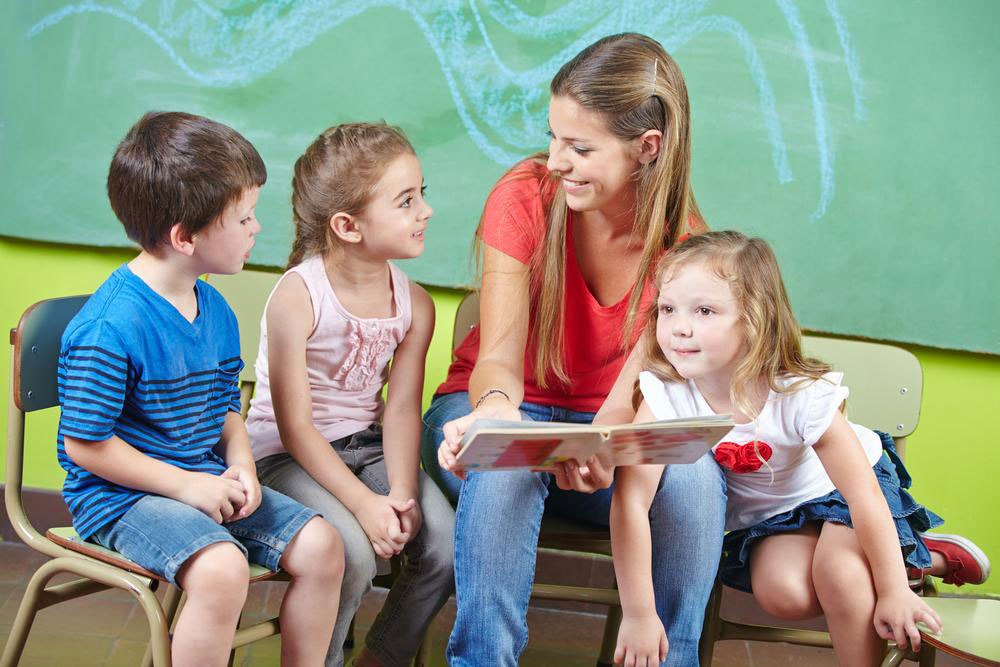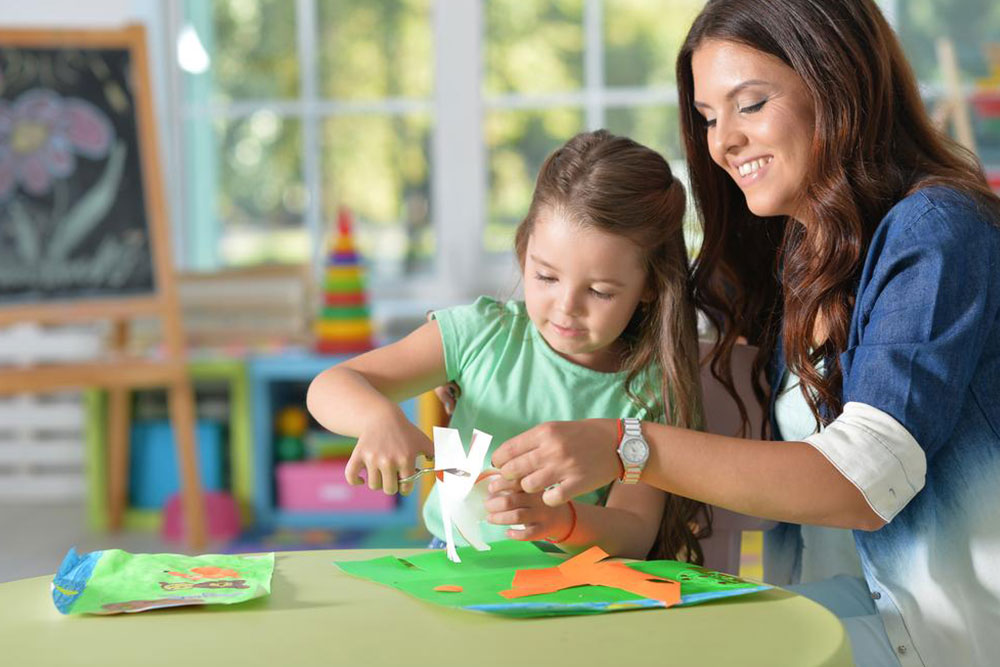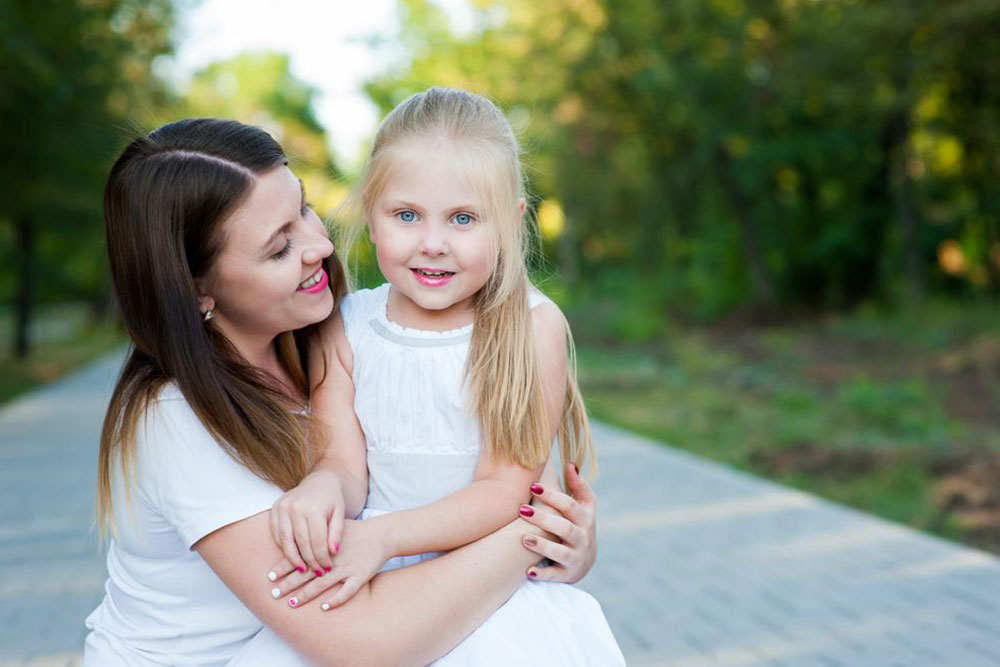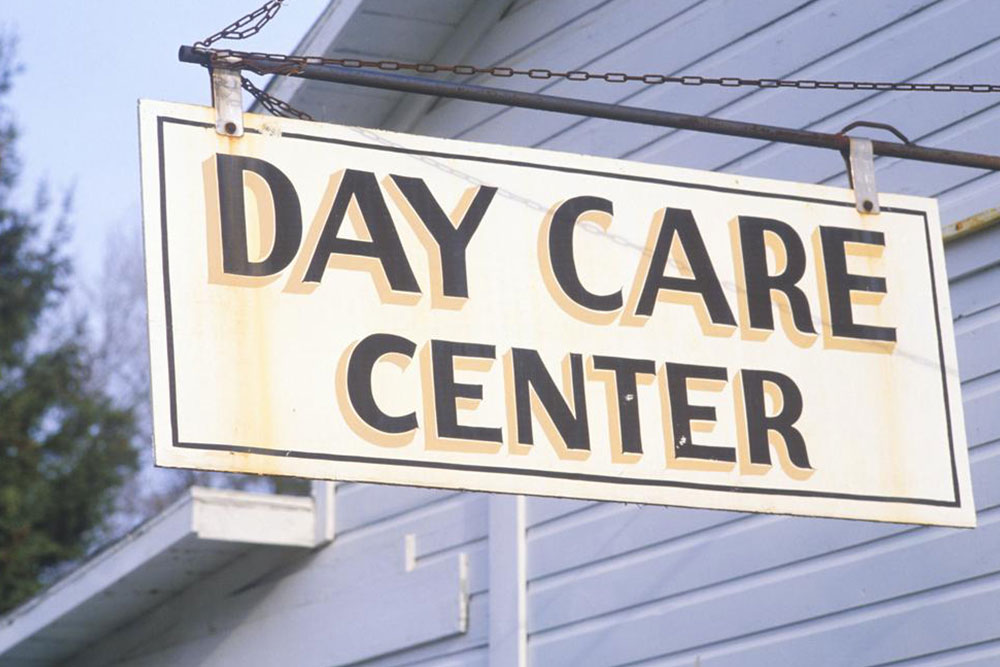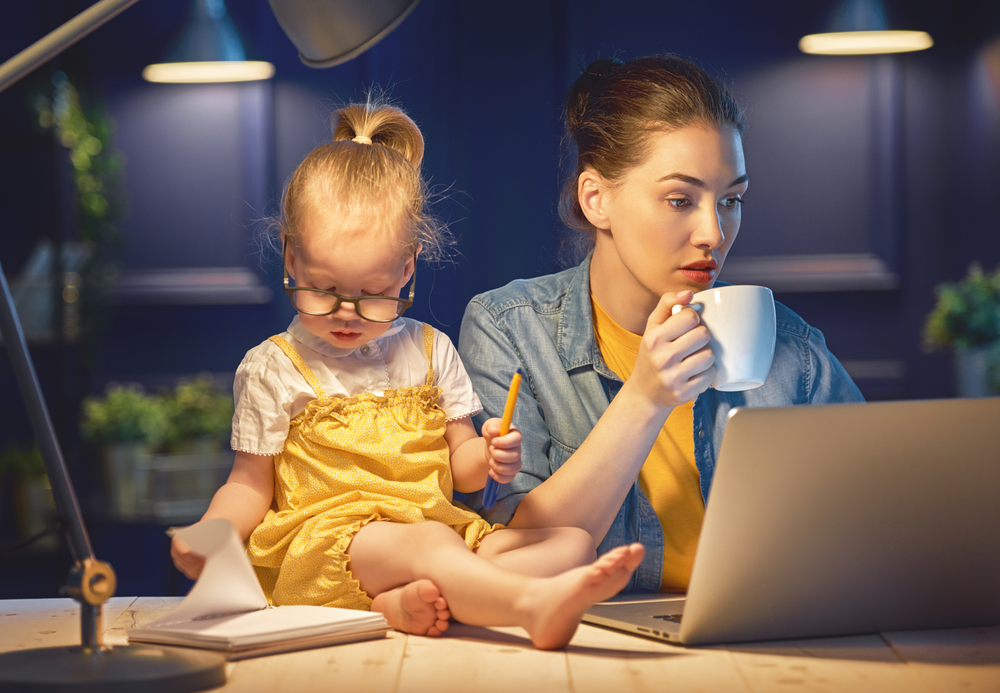Comprehensive Guide for New Au Pairs: Responsibilities, Expectations, and Best Practices
This detailed guide offers essential tips for new au pairs to navigate their roles successfully. Covering communication, household respect, relationship building, safety, and personal growth, it ensures a positive experience abroad. Learn how to adapt, engage with families, and maximize your cultural exchange while maintaining your independence and safety.
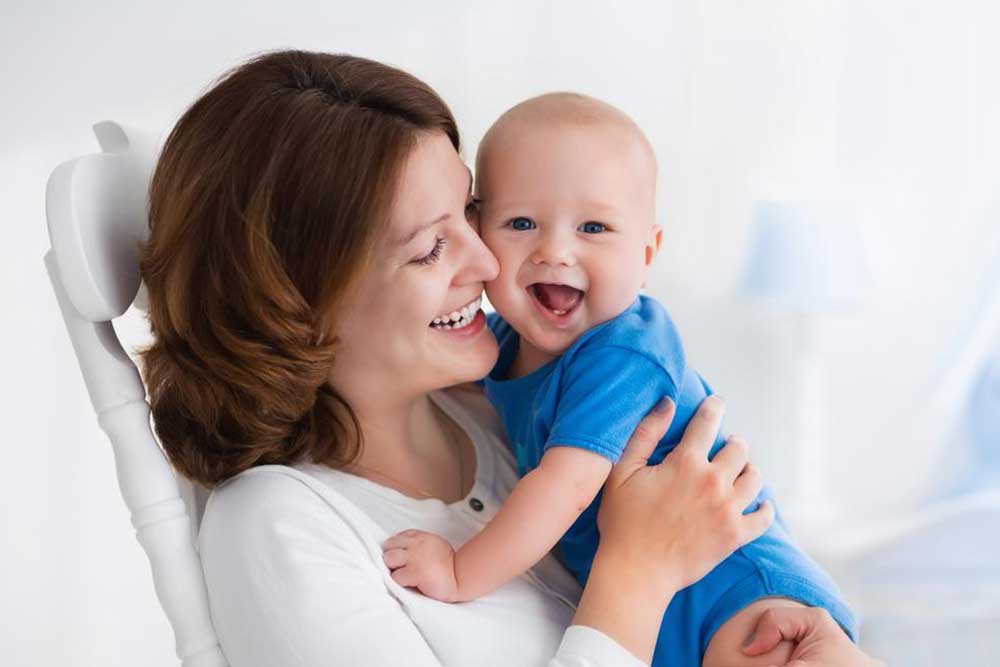
Comprehensive Guide for New Au Pairs: Responsibilities, Expectations, and Best Practices
Becoming an au pair is a enriching experience that offers cultural exchange, personal growth, and the opportunity to live abroad while supporting a host family with childcare. The term “au pair,” originating from French, signifies equality and mutual benefit. An au pair is typically a young individual, often from another country, who agrees to live with a host family. In return for providing childcare support, they receive accommodation, meals, and sometimes a modest stipend. This arrangement fosters cultural exchange and provides a unique living experience that benefits both the au pair and the host family.
While some families perceive au pairs as an economical childcare solution, they also value the personal connection and cultural exchange that this arrangement fosters. For au pairs, understanding the responsibilities, expectations, and etiquette involved in their role is vital to ensure a positive and rewarding experience. Proper preparation and adherence to best practices will help both parties establish a harmonious living environment and build lasting relationships. Here are some essential guidelines for new au pairs to navigate their role effectively.
Maintain Transparent Communication
Effective communication is the cornerstone of a successful au pair placement. As you begin your role, ensure you discuss your responsibilities clearly with your host family. Regularly express your needs and listen attentively to their expectations. Adjustments to routines or schedules should be conveyed politely and at appropriate times to avoid misunderstandings. Open dialogue helps build trust and ensures everyone is on the same page, creating a comfortable environment for both you and the family.
Respect Household Dynamics and Routines
Every family has its own unique routines and customs. Spend time observing household dynamics to understand when and how to contribute most effectively. Respect established routines such as meal times, sleep schedules, and household chores. Always ask for permission before organizing outings or taking time off, ensuring your actions align with the family’s needs.
Engage Actively and Build Strong Relationships
Participate fully in family activities and social events. Building a bond with the family fosters a sense of belonging and mutual respect. At the same time, maintain your social life outside the household to preserve your independence and mental well-being. Engaging with local community events and friendships also enriches your cultural experience and widens your perspectives.
Prioritize Family Needs and Be Adaptable
Flexibility is crucial in a host family setting. Be willing to accommodate scheduling changes and respond promptly to the family’s needs. Offer assistance proactively and take initiative while respecting boundaries. Clearly communicate your rights and limitations, ensuring that expectations are realistic and mutually understood. Maintaining a balance between professionalism and friendliness will contribute to a harmonious living environment.
Understand Legal and Cultural Expectations
Familiarize yourself with the legal requirements governing au pair arrangements in your host country, including visa regulations, working hours, and compensation standards. Embrace cultural differences respectfully, and be open to learning new customs, traditions, and language nuances. This openness enriches your experience and fosters mutual respect with your host family and community.
Stay Safe and Prioritize Well-Being
Your safety and health are paramount. Follow safety protocols, seek medical attention when needed, and communicate any concerns promptly. Practice good hygiene, adhere to dietary guidelines, and ensure your living environment is secure. Being proactive about your well-being ensures a positive and safe experience abroad.
Maintain Personal Growth and Independence
Use your time as an au pair to learn new skills, improve language proficiency, and explore the local culture. Engage in leisure activities, educational courses, or volunteer opportunities that enhance your personal development. Balancing work responsibilities with personal growth makes your stay more fulfilling and memorable.
Prepare for Departure and Future Opportunities
As your au pair experience concludes, reflect on what you have learned and accomplished. Maintain good relationships with your host family, provide feedback, and prepare for your next steps, whether it’s continuing your travels, returning home, or pursuing further educational or professional goals. Your experience can open doors to new opportunities and connections worldwide.
Embarking on an au pair journey is an exciting adventure filled with opportunities for cultural exchange, personal development, and lasting relationships. By following these comprehensive guidelines, new au pairs can ensure they make the most of their experience, contributing positively to their host families while gaining valuable life skills. Embracing open communication, respecting household routines, and maintaining a flexible attitude are essential components of a successful and rewarding au pair life. Whether you seek to improve language skills, explore new cultures, or simply enjoy the challenge of living abroad, being well-prepared and mindful throughout your placement will help you create a truly memorable experience.
